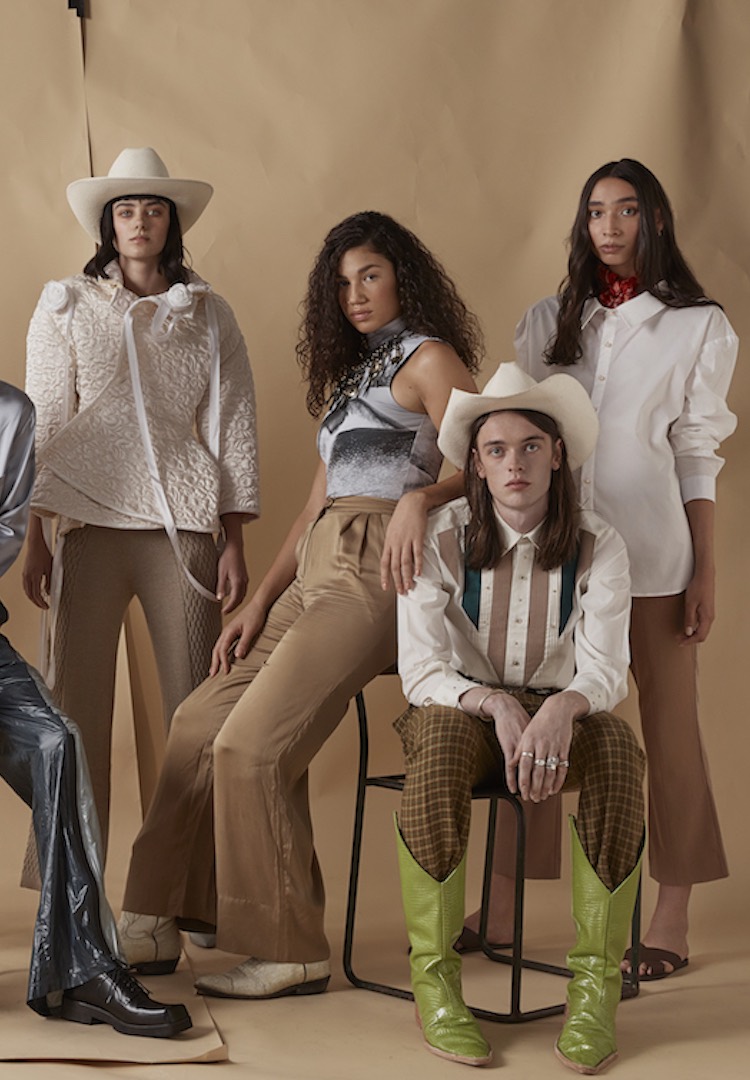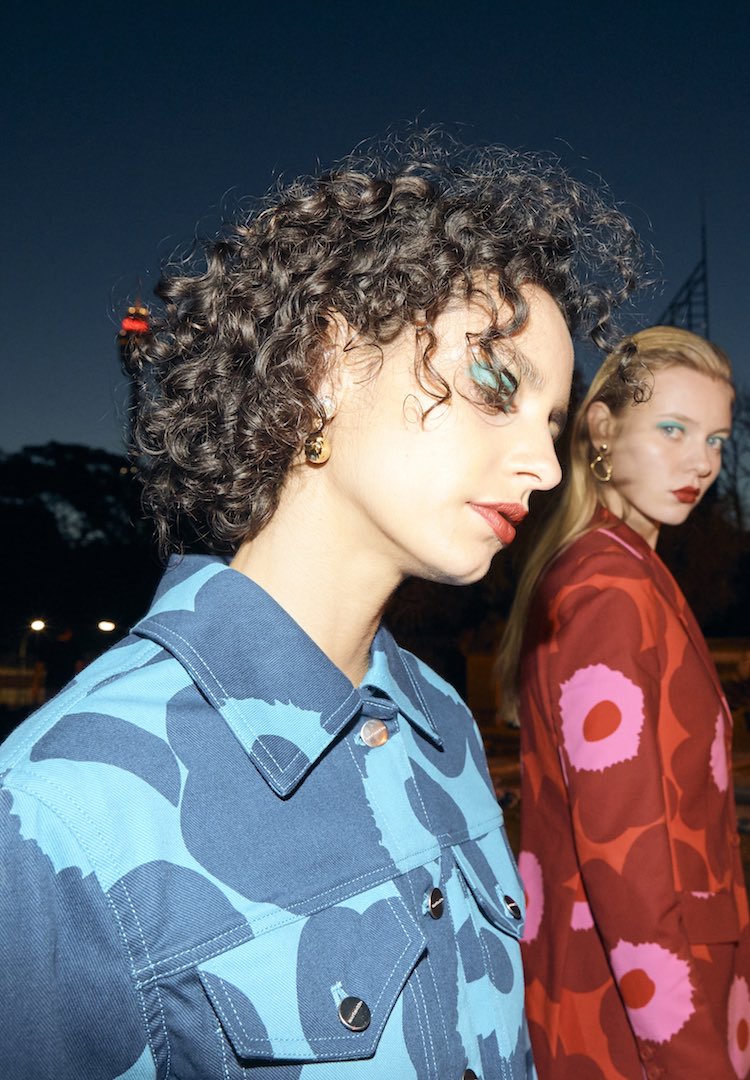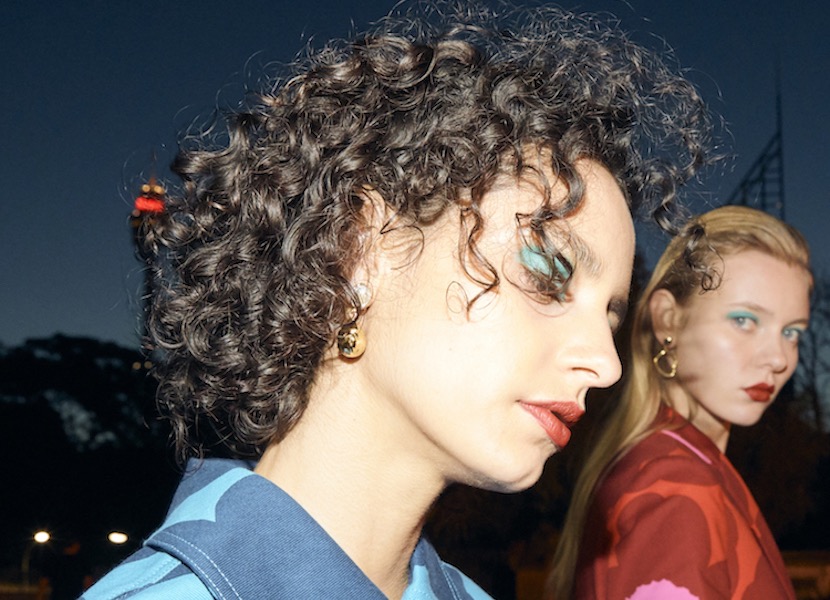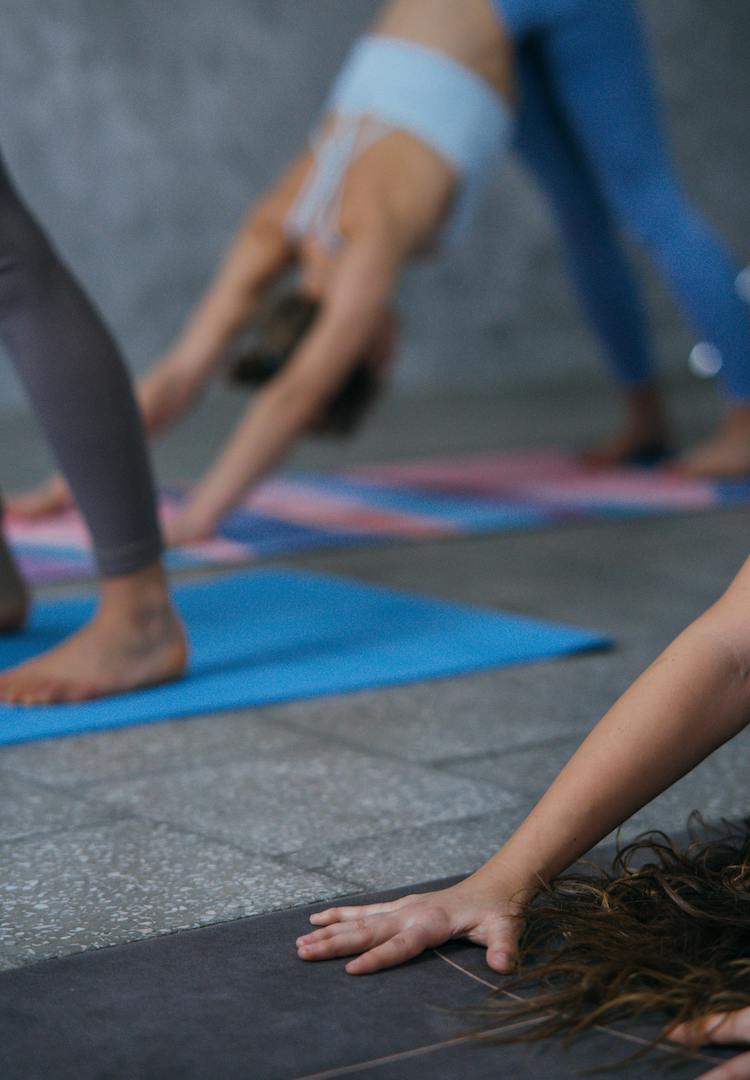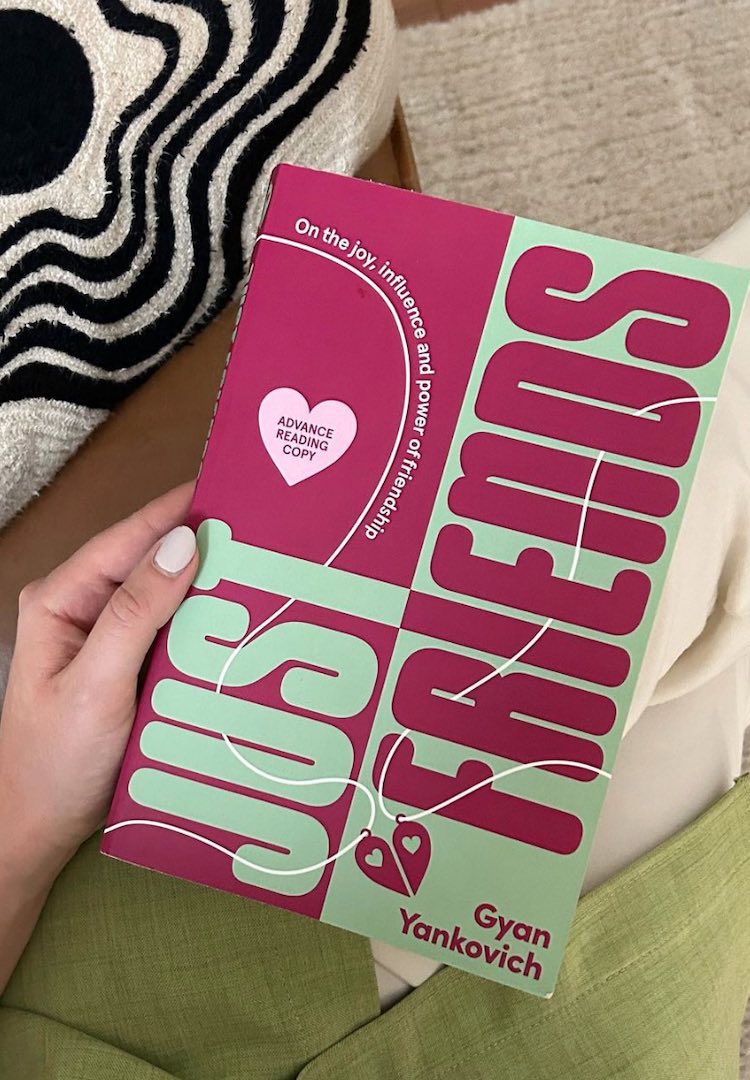Do wolf whistles and catcalls affect how Australian women see themselves?
PHOTOGRAPHY BY SEUNG ROK BAEK
WORDS BY ANNA RICHARDS
The soundtrack no woman asks for.
The first wolf whistle I hear isn’t meant for me. I am thirteen and so is my friend, who has begun to understand the following things I am yet to: that we’re meant to shape certain parts of our bodies with certain clothing. That makeup is used to cover flaws. That we are flawed.
When a long, lurid beep cracks through the air, I jump, but my friend understands the aggressive morse code as positive. She straightens her back and smiles gratefully towards the messengers – grey blobs behind rolled-up windows.
When I am 19, a man whistles at me and shouts, “You’ve made my day love!”. “That’s nice,” I think.
Between those years, I come to understand that on the walk between my home and the shops I might be up for review. It’s the same when I cross the street, when I turn a corner, and when I hop around traffic cones flanked by sweating, orange tradesmen.
The rating system goes like this: a whistle means I have value. A car beep means my breasts or ass moved as I dashed across the road, and they liked the show. I am the show.
Dr Bianca Fileborn, a senior lecturer in criminology at Melbourne University, has researched the way we understand sexual harassment throughout our lives as women.
“Often in early adolescence, my participants believed it was a reflection of their sexual attractiveness. However, this often changed over time as they experienced repeated catcalling and other forms of public harassment. For example, having an experience of catcalling escalate into more overtly aggressive and abusive behaviour caused some women to reinterpret the catcalling they thought was ‘complimentary’.
“For other women, they realised they were harassed regardless of what they were wearing, or whether they had their hair and makeup done etc. In other words, the harassment they received had little to do with how conventionally attractive they looked and was more about an expression of power over women in public spaces,” she tells me.
When I moved to Italy for five months, the mothers whose children I au paired told me simply to avoid getting pregnant. There is only one doctor in Milan who will perform abortions, and the waitlist is longer than nine months. I looked at their children and felt acid in my belly.
In the third month there, the millionth man puckered his tanned lips and kissed the air as I walked past. I’d been worn down by how daily harassment is in Italy, and turned around to call him a cunt. His jaw dropped – maybe he hadn’t met an Australian woman before.
After that, I fled to London for a week and felt re-energised as my red-eye return to Milan landed. Sitting on the train headed back towards Centrale, I tied my hair back and wondered how the children were. Two men across from me tell me that I look better with my hair down.
On my final week in Europe, I flew to Copenhagen for 14 Euros; Ryan Air’s pilots were on strike. I didn’t hear a catcall or a whistle once the entire trip and it made me feel inadequate. I compared myself to the Danish women I saw and lost every time.
When does sexual harassment on the street begin to puncture our sense of self? In the film Grease, Sandy’s evolution from good girl to sexy is marked by wolf whistles – which she happily receives. Conversely, In the series Broad City, Abbi and Ilana oblige a man’s directive for them to smile – by pulling the corner of their lips up with their middle fingers.
Understanding our value as sexual beings is a slow, pervasive thing, made up in part by a chorus of jeers, hisses and whistles. I hate the experience now – when it happens I lower my head and imagine a world where men are rated, knowing that they’d fare far worse in the rating system they themselves created. But I still check myself in the mirror whenever I leave the house – a habit I can’t shake.
Dr Bianca has seen this in the women she speaks to. “It’s quite common for women to interpret wolf-whistling and catcalling as a way of feeling ‘seen’ or as an affirmation of attractiveness. Some of the women I’ve spoken to have described feeling quite conflicted about public harassment. On the one hand, they dislike it, and it makes them feel angry, violated and so forth. On the other hand, a part of them still feels validated by having someone notice them or view them as attractive.”
But the damaging impact catcalling can have is clear. “We know there are negative consequences of experiencing harassment in public spaces. Research shows that harassment is related to self-objectification, where women view themselves as an object for the pleasure of others, rather than a human being with their own thoughts, feelings, and rich inner world,” Dr Bianca explains.
“This can contribute to women being hyper-aware of and concerned about their external appearance. Harassment is also associated with increased anxiety and depression. Women also limit their actions in public space because of harassment. For example, participants in my research have discussed changing how they dress, when and where they exercise, whether they catch public transport, whether they go out by themselves and so forth.”
In my ideal world, the teenage girls that come after us never perceive themselves through a sexualised lens. They already know wolf-whistling for what it is – sexual harassment, and don’t feel the pressure to conform to what the outside world tells them are.
When I ask Dr Bianca if there has been a shift in the way we receive wolf whistles, she offers some hope.
“Yes, definitely. I think we’ve seen an increased shift in women challenging the idea that wolf whistles and catcalling are ‘normal’ and ‘complimentary’ behaviours, and labelling them for what they are: harassment. The only caveat I would add here is that this does vary across cultures, and in some places, catcalling and wolf-whistling are still normalised.”
So how do we counter this culture, and what can we do to make sure the girls soon becoming women understand that their value is internal?
“I think we do need to introduce public education and campaigns that teach people about why wolf-whistling and catcalling are harmful and inappropriate. This isn’t about saying that people can never flirt with each other! Instead, it’s about encouraging people to do so in a way that is ethical, respectful, and mutually reciprocated – catcalling and wolf-whistling don’t reflect these values.”

